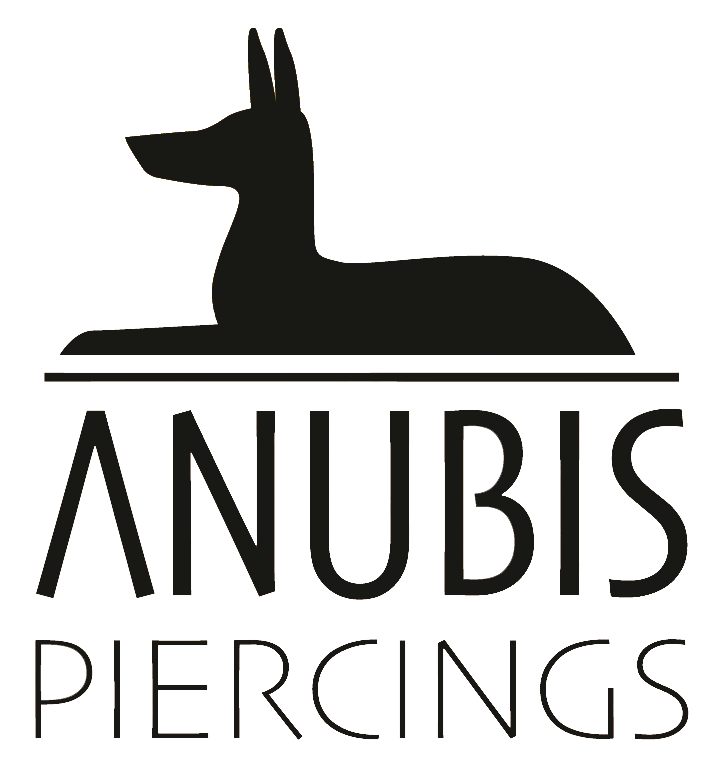
Piercing
Please don’t hesitate to get in touch with any queries, or give Mandy a call or text on 07766881320.
To make a future appointment with us, use the book now button below or on your social media accounts. Please check your email for confirmation of booking date and time.
Body Piercer Elliot Catlow
Price List
Ear
1x Lobe £17.50 2x Lobes £35
Helix £30
Forward Helix £30
Tragus £30
Daith £30
Rook £30
Snug £30
Conch £30
Industrial £45
Navel £35
Tongue £35
Eyebrow £30
Nose £30
Septum £30
1x Nipple £30 2x Nipples £55
Lip including Snake Bites & Medusa £ 30 each
Dermal
£35 each / £65 for 2 / £90 for 3
Requests for piercings not listed will be quoted for before appointment
Anyone up to the age of 16 must be accompanied by a parent to sign a consent form
Health & Safety
Every effort has been taken to ensure our Studio, Equipment and Piercer follows strict H&S guidelines, everything involved in your procedure is as sterile and sanitary as it can possibly be.
All needles are sterile, and one use disposable.
All jewellery and equipment used is either one use disposable, sterile packaged or has been through our autoclave sterilisation unit, which is the only way to ensure they are safe to use on each customer.
The studio is cleaned using powerful detergents twice a day.
Caring for your piercing
Getting a new piercing involves breaking the skin surface so there is always a potential risk for infection to occur afterwards. Your piercing should be treated as a wound initially and it is important that this advice is followed so that the infection risk can be minimised.
Minimising Infection Risk Guidance Tips:
Most piercings will bleed at first, but this should stop within a few minutes. Gentle pressure on or around the pierced site will slow bleeding, but if it is excessive or persists then immediate medical advice should be sought.
Remember, all pierced regions will tend to swell immediately after treatment, and the item of jewellery you have inserted will be designed to accommodate this. Tongue piercings may swell to the limit of the inserted bar, and this can be reduced by rinsing the mouth with iced water.
If the jewellery becomes too tight because of swelling, see your body piercer immediately. If, however, you have a tongue piercing and begin to experience neck pain or problems with swallowing, contact a medical practitioner immediately or go direct to your local Accident and Emergency Department.
Always wash and dry your hands before and after any essential handling of a newly pierced site, e.g. cleaning of the area.
Avoid unnecessary tugging, scratching or picking of the newly pierced site to reduce the risk of introducing infection. In particular avoid using fingernails to handle jewellery, as the underside of nails are more likely to introduce infection to the pierced site.
Clean the piercing twice a day if possible. The use of boiled salt water allowed to cool, and clean gauze or other non-disintegrating cotton wool swabs is best for this. Sterile (normal) saline purchased in sachets from you pharmacist is also suitable for this. Your piercer may have special cleaning fluid you can purchase.
Gently soak off and wipe away any crusty formations at the wound site – do not pick them off.
Avoid applying hot cleaning solutions or surgical spirit on the treated area as they can damage delicate healing skin.
If possible, shower rather than bathe whilst the piercing is healing so that unnecessary water submersion is avoided.
Pat dry the pierced area after cleaning – do not rub as this could snag jewellery and tear delicate healing tissue.
Do not use skin products on the treated area that have not been recommended by your operator or are not intended for open wound healing. There is generally no need to use any other skin antiseptic products and you should not share skin products with others.
Avoid swimming, sun beds and sunbathing until your new piercing is fully healed, as direct sunlight/chlorine can interact with treated site causing skin irritation and inflammation.
Try to wear loose, cotton clothing to minimise rubbing and irritation to a newly pierced site, and in general try and keep a new piercing as dry and exposed as possible.
Always keep a new piercing covered and protected if working in a dirty, dusty or oily environment – a non-adhesive dressing secured with dermatological tape is best.
Only every change your jewellery as directed by your piercer and ensure any new jewellery you buy is of good quality and is from a reputable dealer.
If you have any problems/queries, please contact your piercer initially. He/she will refer you onto your GP if there are signs of adverse reaction/infection. For Body Piercing, expected (complete) healing times are difficult to predict because individuals healing abilities vary, but all clients should be told what to expect. The healing time is the time required for the jewellery “tunnel” to become dry and healed after the initial tissue damage.
If a small lump appears, keloid or fluid filled sack, do not worry. This is quite common. Bathe as normal and drop a couple of drops of Tea Tree Oil on to the lump daily, this will reduce the size and help to clear
Ear lobe, eyebrow and nasal septum: 6 to 8 weeks
Ear (cartilaginous region) and nostril: 2 months to 1 year
Tongue: 4 to 8 weeks § Lips and cheeks: 6 to 12 weeks**
Nipple: 2 to 6 months
Navel: 4 months to 1 year
** Chewing gum should be avoided while oral piercings are healing. Newly pierced tongue regions can be gently cleansed with a clean, soft toothbrush and toothpaste, in order to remove any coating around the site. Half strength mouth wash – diluted with tap water – should be used twice daily after tongue piercings, and additionally after eating, drinking or smoking.
Relief through piercings
There are many reasons for getting a piercing, personal expression, religious tradition or aesthetics. Whatever your reason it is also a 5000 year old healing tradition that can act as an alternative holistic approach to medicine.
A piercing can be placed in a specific spot to stimulate the reflex points in that area, some examples shown below.
Daith - Migraine
Rook - Anxiety/Stress
Tragus - Appetite control
Lobe 3rd hole placement - Depression
Conch - Muscle pain
Helix - Insomnia/Allergy relief
This is not to replace consultations with a medical professional.
Piercings are cosmetic and are not proven to cure disease or psychological ailments.
